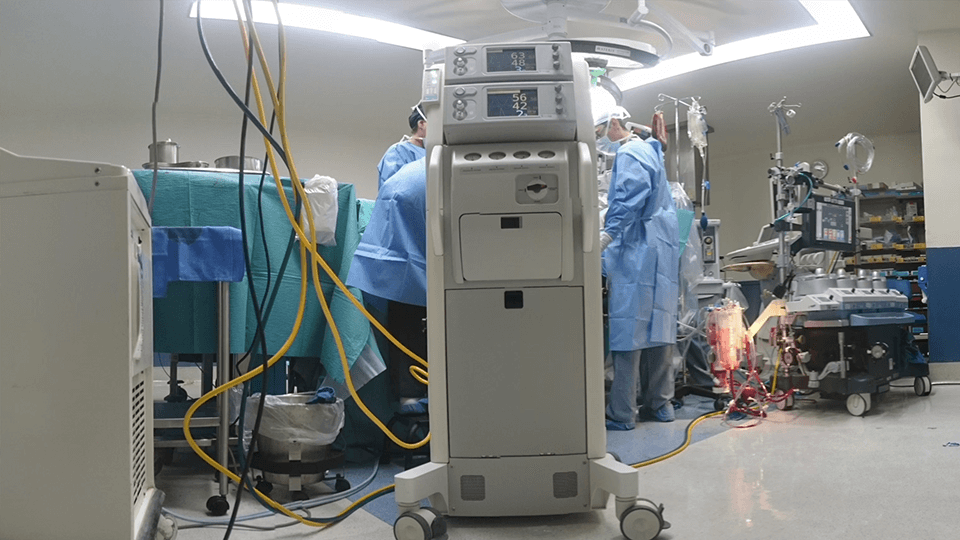
The healthcare industry is undergoing a technological renaissance in 2025, fueled by major advancements in medical device innovation. Hospitals and clinics around the world are embracing new technologies that improve patient outcomes, enhance diagnostic precision, and optimize operational efficiency. These innovations are not just futuristic concepts—they’re being deployed today to address real-world healthcare challenges such as aging populations, chronic disease management, and staffing shortages. In this article, we highlight five groundbreaking medical devices that are reshaping the future of healthcare delivery.
The Top 5 Medical Device Innovations
- AI-Powered Diagnostics
Artificial Intelligence is revolutionizing diagnostics by enhancing speed, accuracy, and predictive capabilities. Tools like AI-assisted imaging systems are now capable of detecting cancers, cardiovascular issues, and neurological conditions with precision that rivals—or even surpasses—human experts. By rapidly analyzing vast data sets, these systems help clinicians identify issues earlier and with greater confidence, which leads to quicker interventions and improved patient outcomes.
Use case: AI systems are already being used in radiology to detect breast cancer earlier and more accurately than traditional mammograms, reducing false positives and unnecessary biopsies.
- Next-Gen Surgical Robotics
Robotic-assisted surgery continues to advance, offering ultra-precise and minimally invasive procedures that were once impossible with traditional techniques. These systems enhance a surgeon’s capabilities by providing superior visualization, magnification, and dexterity. Patients benefit from smaller incisions, reduced blood loss, and shorter recovery times—making robotic surgery a preferred option across many specialties.
Use case: The da Vinci Surgical System has expanded its reach into thoracic, gynecological, and urologic procedures, offering real-time feedback and motion scaling for greater surgical control.
- Wearable Health Tech
Wearable devices have moved beyond fitness tracking into mainstream clinical use. From smartwatches that monitor heart rate variability to wearable ECG monitors and continuous glucose sensors, these tools offer real-time health data to both patients and providers.
Wearables are proving especially valuable for chronic disease management, helping reduce emergency visits and hospital admissions through early detection and intervention.
Use case: Remote cardiac monitors are enabling early detection of arrhythmias such as atrial fibrillation, allowing for timely treatment adjustments without the need for in-person visits.
- 3D-Printed Medical Implants
3D printing is transforming how custom medical devices and implants are produced. These innovations offer a tailored fit for individual patients, improving comfort, function, and clinical outcomes. Custom implants are significantly enhancing reconstructive and orthopedic surgeries, reducing operating room time and speeding up recovery.
Use case: Surgeons now use 3D-printed titanium implants in facial reconstruction surgeries, achieving anatomical precision and better long-term functionality.
- Telemedicine-Integrated Devices
Telehealth has evolved beyond video consultations. Modern medical devices now integrate with telemedicine platforms, providing clinicians with real-time data from remote monitoring tools. This integration improves patient engagement, enhances chronic care management, and allows for early interventions—ultimately reducing readmission rates and hospital load.
Use case: Bluetooth-enabled spirometers help pulmonologists monitor respiratory conditions like asthma and COPD remotely, leading to faster treatment adjustments and better patient compliance.
Conclusion
These five innovations are not just shaping the future—they’re actively improving patient care in 2025. Healthcare organizations that embrace these technologies will be better equipped to meet rising patient expectations, improve health outcomes, and maintain operational excellence. At REVIVE Healthcare, we’re committed to helping hospitals and clinics access the latest in medical technology to stay ahead of the curve.














